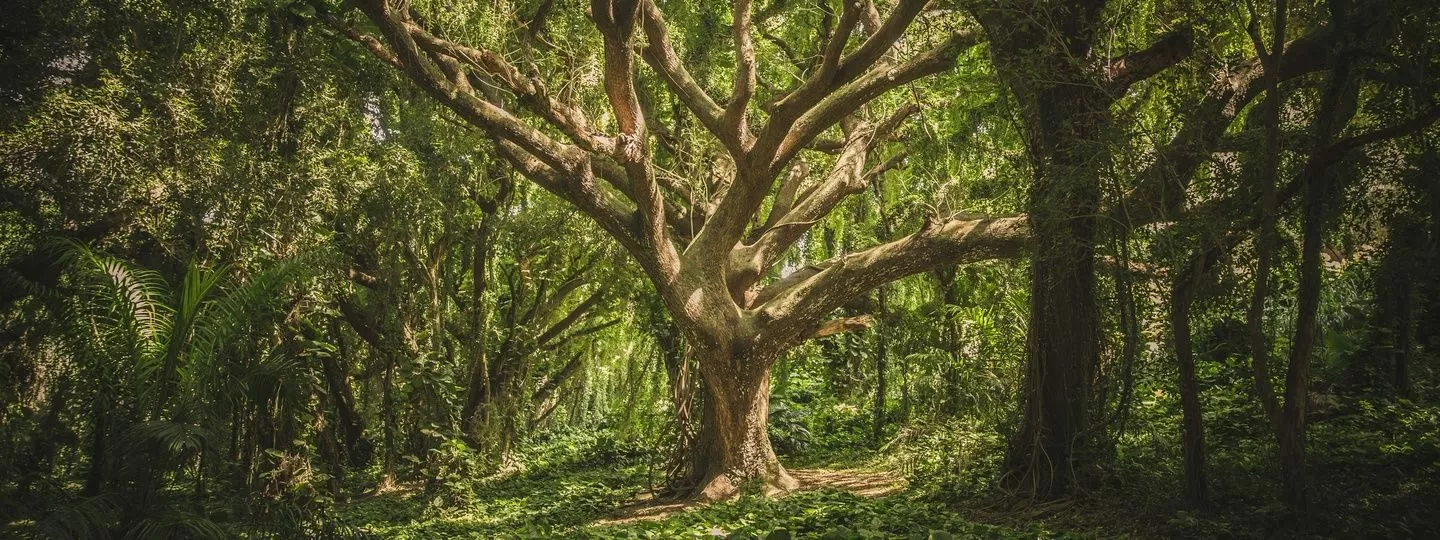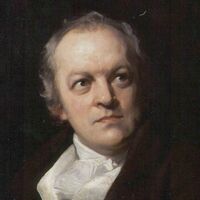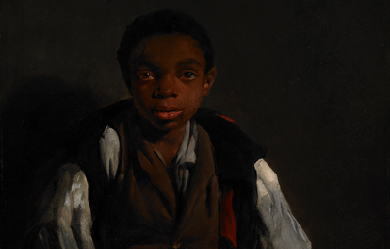
A Poison Tree
I was angry with my friend.
I told my wrath, my wrath did end.
I was angry with my foe.
I told it not, my wrath did grow;
And I water'd it in fears,
Night and morning with my tears;
And I sunned it with smiles,
And with soft deceitful wiles;
And it grew both day and night
Till it bore an apple bright,
And my foe beheld it shine,
And he knew that it was mine,
And into my garden stole
When the night had veil'd the pole.
In the morning glad I see
My foe outstretched beneath the tree.
n “A Poison Tree,” by William Blake the tree is used as an extended metaphor, which helps explain a truth of human nature. This poem teaches how anger can be dispelled by goodwill or nurtured to become a deadly poison.The opening stanza sets up everything for the entire poem, from the ending of anger with the “friend,” to the continuing anger with the “foe.” In the opening stanza the speaker states, “My wrath did grow.” The speaker later describes the living nature of the wrath as one which, “grew both day and night,” and, “bore an apple bright.” This comparison by metaphor of wrath to a tree illustrates the speaker's idea that, like the slow and steady growth of a tree, anger and wrath gradually accumulate and form something just as mighty and deadly as a poisoned tree.
To understand the metaphorical sense of the poem, one must first examine the title, “A Poison Tree,” which alerts the reader that some type of metaphor will dominate the poem. In the second stanza, Blake develops the metaphor, by describing the growing and nurturing of a tree; a tree that represents the feeding of hate and vanity explored by the speaker. The speaker goes further to say, “And I sunned it with smiles” describing not only false intentions, but the processing of “sunning”, giving nutrients to a plant so that it may not only grow and live, but flourish.
The religious context of the poem is also evident in two metaphorical allusions made by the speaker towards the end of the poem. The deadly fruit borne of the tree is an apple, while the scene of death and treachery occurs in the speaker's garden. The apple is a product of hate, the ironic “fruits of one's labor,” and a biblical metaphor for sin. The garden, which could be viewed as a place of life and prosperity, is simply the stage for the sinful act, as it was in the Bible. Like the story of Adam and Eve in the Book of Genesis, man gives in to the weakness of sin and falls.
Blake's poetry, while easy to understand and simplistic, usually implies a moral motif on an almost basic level. The powerful figurative language in “A Poison Tree” is so apparent that it brings forth an apparent message as well. The poem is not a celebration of wrath; rather it is Blake's cry against it. Through this, Blake warns the reader of the dangers of repression and of rejoicing in the sorrow of our foes.
William Blake wrote this poem to convey a simple message. “A Poison Tree” may be one of Blake’s simpler poems, but is just as effective of getting its message across.
In this simple but powerful poem, William Blake describes how a feeling of anger soon disappears if there is good will and friendship.
Interpretations
William Blake was an English Dissenter and Dissenter members broke away from the Anglican Church. Dissenters believed that the policies of the Anglican Church were wrong and so opposed it. Blake began writing a collection of poems called Songs of Experience to protest the Anglican Church's policy of stifling "sinful" emotions in people, such as anger. A Poison Tree is a good example of this because it shows how Blake believed that stifling anger would only cause the anger to grow. In fact, Blake even decided to call the original draft of a Poison Tree, "Christian Forebearance." However, the English government did not tolerate the radical actions of the English Dissenters and they persecuted them.
The poem has been set to music several times including by Benjamin Britten, Greg Brown, Blur. In the B-Side to Blur's single "Girls and Boys", "Magpie", the lyrics are the poem. Finnish group Rajaton has arranged it for acappella and released it on their album Boundless.
















